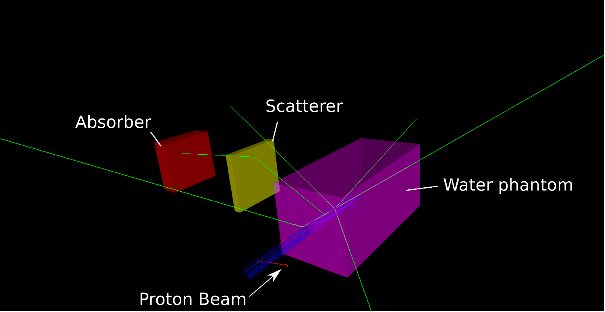Expansion and optimal Exploitation of individual neoepitope Repertoire
Cancer mutanome vaccines targeting neoepitopes derived from somatic mutations have ideal properties to become an essential part of modern multimodal cancer therapy. Our goal is to fully realize this personalized cancer immunotherapy concept by addressing the key genomic and immunological challenges for successful application of this approach in patients with any type of cancer.

![Figure 2: Pairwise sequence identities vs alignment length for a natural (A) ProtGPT2 (B) and random (C) datasets against the UniClust30 database. The HSSP curve shown in each plot is used as reference to compare all three datasets. While natural (A) and protGPT2 (B) sequences show similar percentages below the curve, 93% of the sequences in the random dataset (C) do not have significantly similar sequences. Further details in [5].](/sites/default/files/2022-05/Bild%206.png)



